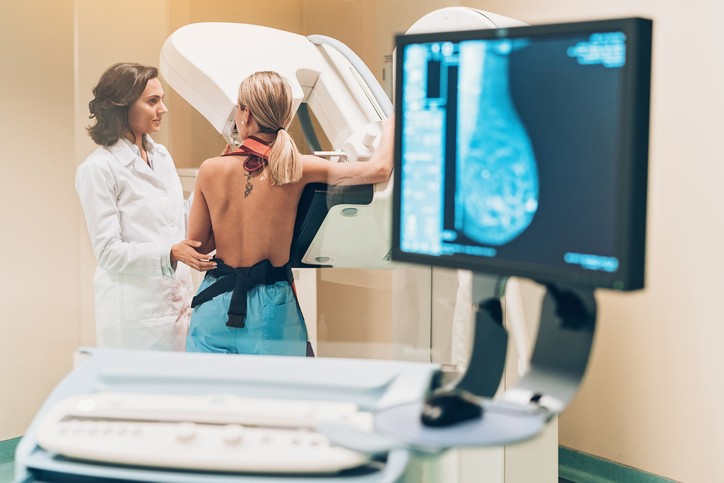The COVID-19 pandemic has profoundly impacted every aspect of society, including the field of healthcare. From frontline medical workers to healthcare systems worldwide, the pandemic has prompted rapid changes in medical practice to adapt to the evolving public health crisis. In this article, we will explore the significant changes in medical practice brought about by COVID-19, examine the lessons learned from the pandemic, and discuss new approaches to healthcare delivery in the post-pandemic era.
- Telemedicine and Virtual Care:
One of the most notable changes in medical practice spurred by COVID-19 is the widespread adoption of telemedicine and virtual care. With social distancing measures in place to mitigate the spread of the virus, healthcare providers turned to telehealth technologies to deliver care remotely. Telemedicine platforms allowed patients to consult with healthcare providers via video conferencing or telephone, enabling continuity of care while minimizing the risk of exposure to COVID-19 in healthcare settings. The rapid expansion of telemedicine has highlighted its potential to increase access to care, improve patient convenience, and enhance healthcare delivery efficiency.
- Remote Monitoring and Home-based Care:
In response to the pandemic, there has been a growing emphasis on remote monitoring and home-based care for patients with COVID-19 and other chronic conditions. Remote monitoring devices, such as wearable sensors and mobile health apps, enable healthcare providers to monitor patients’ vital signs, symptoms, and medication adherence remotely. Home-based care models, including telemonitoring and virtual check-ins, allow patients to receive medical care and support in the comfort of their own homes, reducing the burden on hospitals and healthcare facilities. These innovative approaches to care delivery have demonstrated the potential to improve patient outcomes, reduce healthcare costs, and enhance patient satisfaction.
- Digital Health Technologies:
The COVID-19 pandemic has accelerated the adoption of digital health technologies across the healthcare continuum. From electronic health records (EHRs) to artificial intelligence (AI) and data analytics, digital health tools have played a critical role in pandemic response efforts, including contact tracing, vaccine distribution, and population health surveillance. Moreover, mobile health apps, telehealth platforms, and virtual reality (VR) applications have facilitated remote patient monitoring, health education, and behavioral interventions, empowering patients to take a more active role in managing their health. The integration of digital health technologies into medical practice has the potential to transform healthcare delivery, improve clinical outcomes, and enhance patient engagement in the post-pandemic era.
- Infection Control Measures:

In light of the COVID-19 pandemic, healthcare facilities have implemented rigorous infection control measures to minimize the risk of viral transmission and protect patients and healthcare workers. These measures include universal masking, hand hygiene protocols, physical distancing guidelines, and enhanced cleaning and disinfection practices. Furthermore, healthcare providers have adopted new protocols for patient triage, screening, and testing to identify and isolate individuals with suspected or confirmed COVID-19 infection. While these infection control measures have been effective in reducing the spread of the virus within healthcare settings, they have also presented logistical challenges and strained healthcare resources.
- Resilience and Adaptability:
Perhaps the most significant lesson learned from the COVID-19 pandemic is the importance of resilience and adaptability in medical practice. Healthcare providers have demonstrated remarkable flexibility and resourcefulness in responding to the challenges posed by the pandemic, rapidly implementing changes to care delivery models, workflows, and protocols. From redeploying staff to expanding telehealth services and repurposing facilities for COVID-19 care, healthcare organizations have adapted to the evolving needs of patients and communities. Moving forward, fostering a culture of resilience and adaptability will be essential for navigating future public health crises and ensuring the continuity of high-quality healthcare delivery.
The COVID-19 pandemic has catalyzed profound changes in medical practice, prompting healthcare providers to innovate, collaborate, and adapt in response to the unprecedented challenges posed by the virus. From the widespread adoption of telemedicine and virtual care to the integration of digital health technologies and rigorous infection control measures, the pandemic has reshaped the landscape of healthcare delivery in profound ways. As we reflect on the lessons learned from the pandemic and embrace new approaches to healthcare delivery, it is essential to prioritize patient-centered care, equity, and resilience to build a more robust and sustainable healthcare system for the future.
